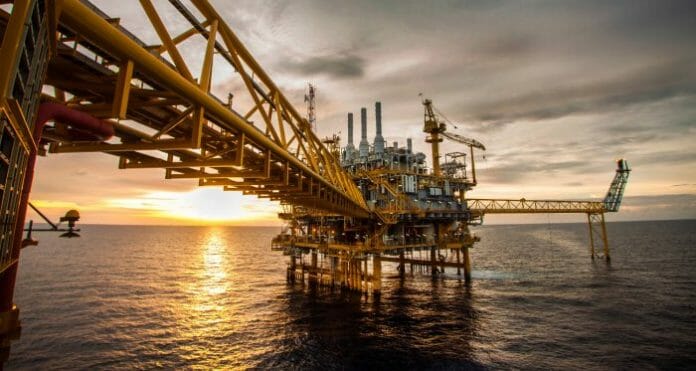Many oil and gas companies are expected to make higher profits in 2023 onwards given the pressure in the global economic environment and the uncertain financial fragilities, an economist said.
Juwai IQI Global Chief Economist Shan Saeed said the oil market is moving between the geopolitics and geostrategic economics landscape which is very different from 2008.
“Today, oil price is going through some challenges with supply constraints and it is in backwardation phase, which is the spot price is higher than future price.
“I think this will move oil prices to head north in 2023, where we expect Brent crude to trade between US$80 to US$127 per barrel and demand is likely to hit 105 million barrel per day by December 2023,” he told Bernama.
Shan said according to other data, economists generally are expecting oil to trade at US$90 per barrel by June 2023 while the American multinational investment bank, Goldman Sachs, is anticipating the price to be around US$100 per barrel by December 2023.
He said other factors that would drive the higher oil prices include policy risks in oil-producing countries, such as unscheduled production cuts, and the US dollar depreciation, which looks inevitable as the US Federal Reserve (Fed) is expected to cut interest rates and go for quantitative easing policy by October or November 2023.
“Oil prices would not go down below US$80 per barrel as break-even remains high for many major oil producers in the market,” he said.
Currently, Brent crude is trading at around US$76 per barrel.
Shan said last week, one of the biggest oil companies in the world, Saudi Aramco, posted a record US$161 billion profit on the back of strong crude prices in 2022.
“I can expect the same for many oil and gas companies to make similar profits in 2023 onwards,” he said.
He said a lot of capital expenditure and production capacity is expected to be enhanced in the next two to three years.
“This is going to contribute positively to the gross domestic product (GDP) growth and macro-economic landscape of the country,” he said.
He said Juwai IQI global is buoyant on the global energy market and the commodity upsurge has commenced with the cycle remaining in the market till 2025.
He added that many resources driven countries would also benefit from the rising commodity prices.
In January 2008, the world oil prices surged from about US$90 a barrel to cross the US$140 a barrel mark in June and finally hit a record high of US$147 a barrel on July 11, 2008 before collapsing to less than US$40 a barrel in December.









